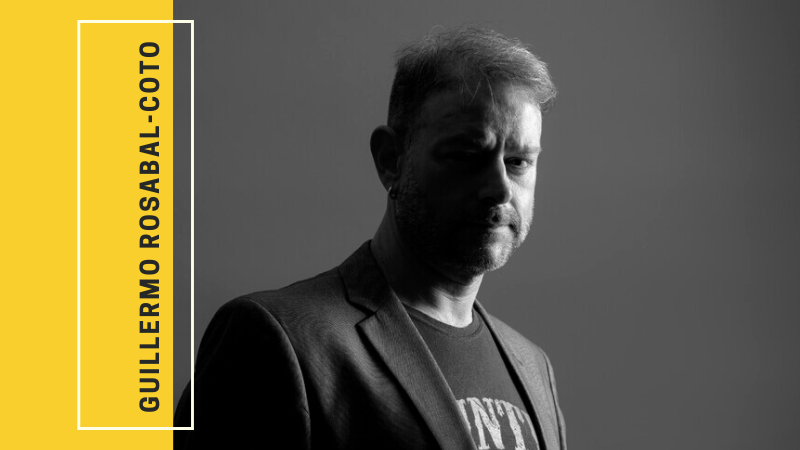Guillermo Rosabal-Coto
Costa Rican born Guillermo Rosabal-Coto is an ethnographer, sociologist and educator who studies how the Western establishment alienates the relationships that we affirm, explore, and celebrate when engaging with music in our daily life, from a Latin American, decolonial perspective. While he has been a university professor in his home country, teaching and doing research internationally, he began his career as self-taught filmmaker just recently. His latest scholarly work, which informs his documentary short “We are the music” can be accessed at:
https://global.oup.com/academic/product/sociological-thinking-in-music-education-9780197600962?cc=cr&lang=en&
Your project takes a part in our festival. What is your project about?
“We are the Music” is my first film ever! It addresses a question that has meant a lot to me, personally, over many years: Who are we in music? With this question, I challenge the audience to unveil and embrace their memories, personal stories, self-image, ways of being-in-the-world, and social interactions that intersect when we explore, affirm, and celebrate relationships that are ideal when we sing, or listen to music, or engage with music in multiple ways. We call this ideal engagement with music musicking and everyone has their own musicking, whether in solitary or with others.
I also encourage the audience to confront their musicking with mandates by family, peers, religion, schooling, and culture that tell us who we should be in music. I have undergone this itinerary myself as a musician, teacher, and researcher and included myself as character in the film. I wanted to strip myself from my privilege-laden researcher and professional musician status to show that anyone can be colonized in their emotions and self-image by institutional values, in relation to music.
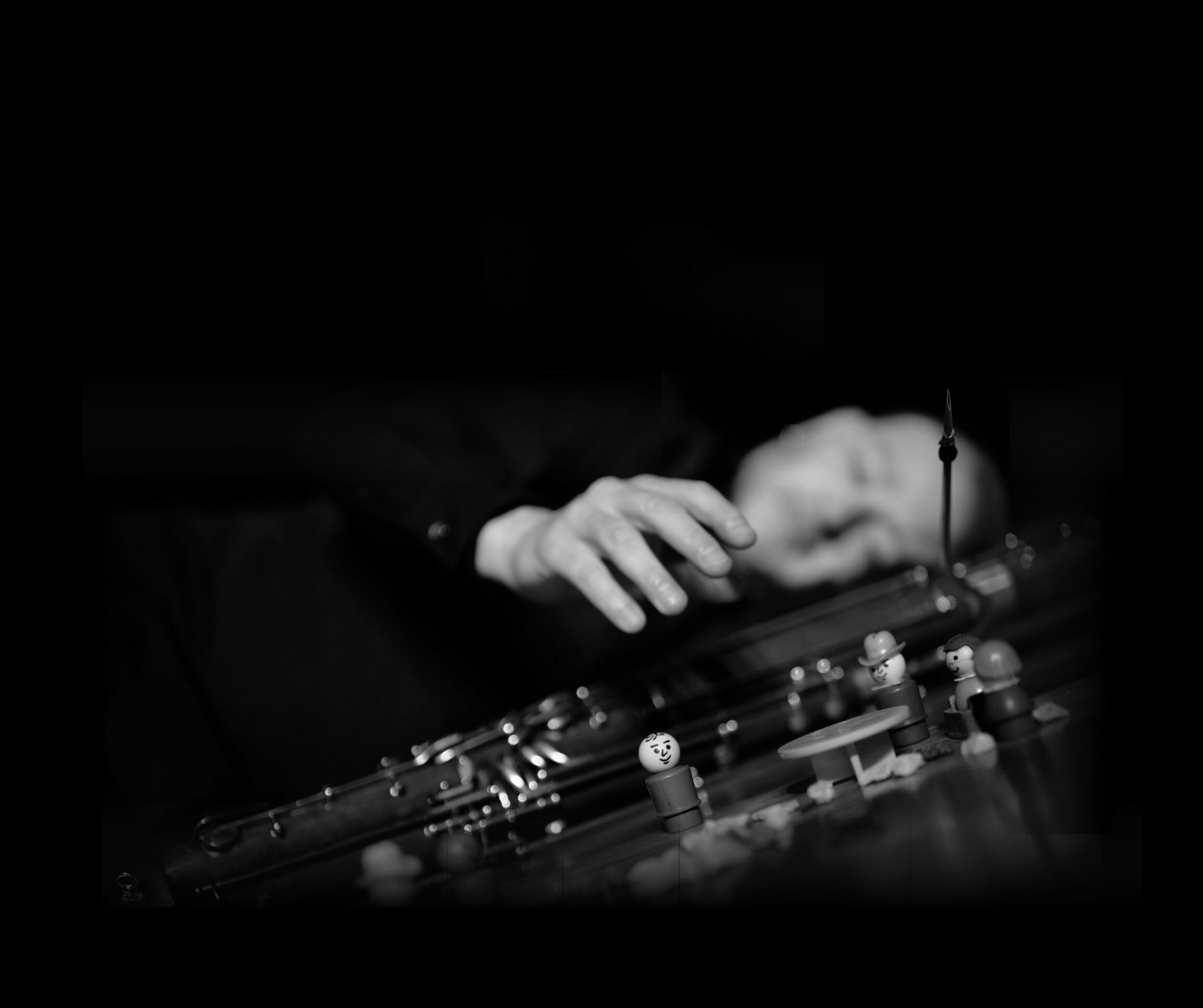
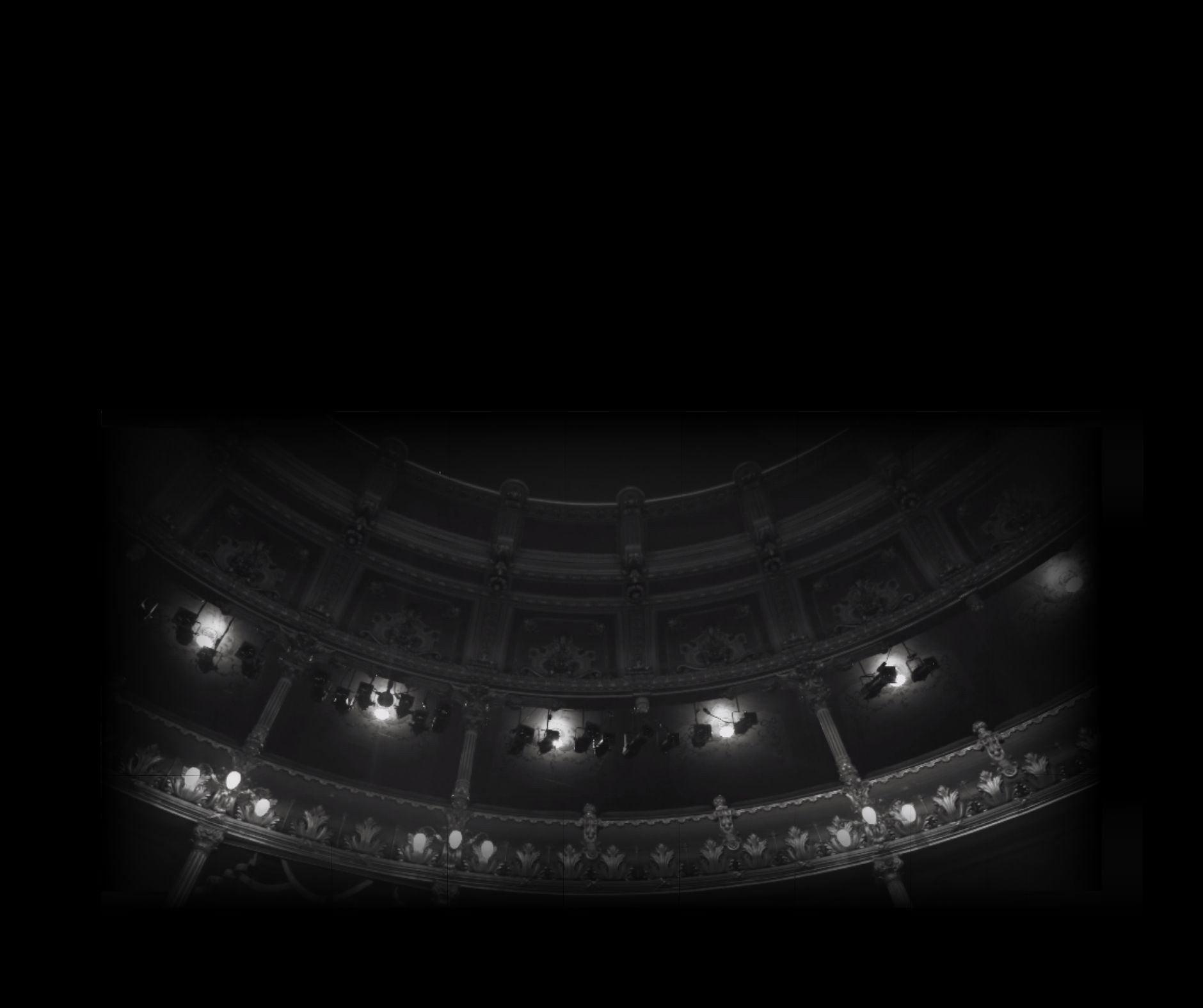
What were your requirements for actors to take a part of your film?
I wanted to show, as authentically as possible, people who felt at ease in how they were in music, people who had been resilient in their musicking, someone from whom we could all learn. But not people of privilege, like me. I aimed at working class people who were willing to share openly and resiliently their life of musical doings and experiences. The farmer’s market in the location of Goicoechea, in San José, the capital city of Costa Rica, a place I have known for many years, seemed to be a good place to find this person. Out of several potential candidates, only one kept a strong desire to share his experience before the camera: Heriberto Moya-Chaves (known by the diminutive “Beto”), a senior farmer from the rural district Cachí, in the province of Cartago, who plays the character of the famous Mexican comedian Cantinflas to make people laugh in local schools, churches, and hospitals. It was so fascinating to witness his musicking in solitary!
On the day that we scheduled the shooting of the scene of the young me (the boy), who tells stories with his toys and creates the stories’ soundtrack with his own voice and body, the role had not been yet casted. I was very lucky to spot David Castro-Alvarado at a summer storytelling workshop that took place in a classroom across from the hall in the TV studio at the University of Costa Rica. By just exchanging some words with him I knew he would do very well in this part.
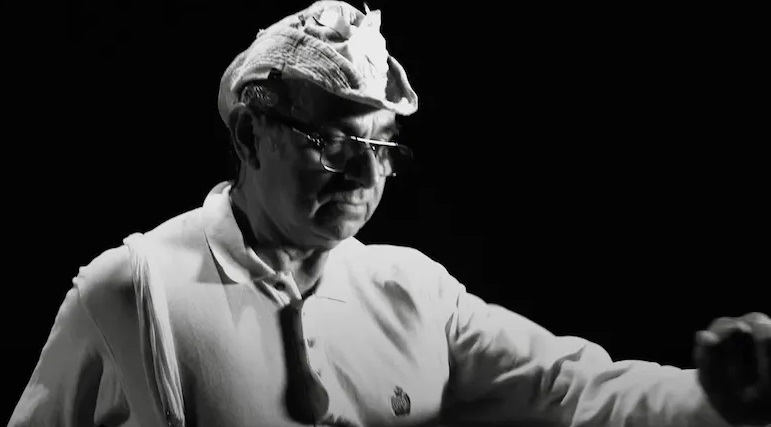
How did you communicate with the cameraman?
Camila Naranjo-Díaz oversaw photography design in “We are the Music”. She was very receptive and attentive to the kind of images and moods that I was seeking to convey. I did not need to say much to her. While she technically explored specific angles and textures to come around my ideas, she contributed her own sensitivity to craft visuals that were not only accurate, but evocative and expressive.
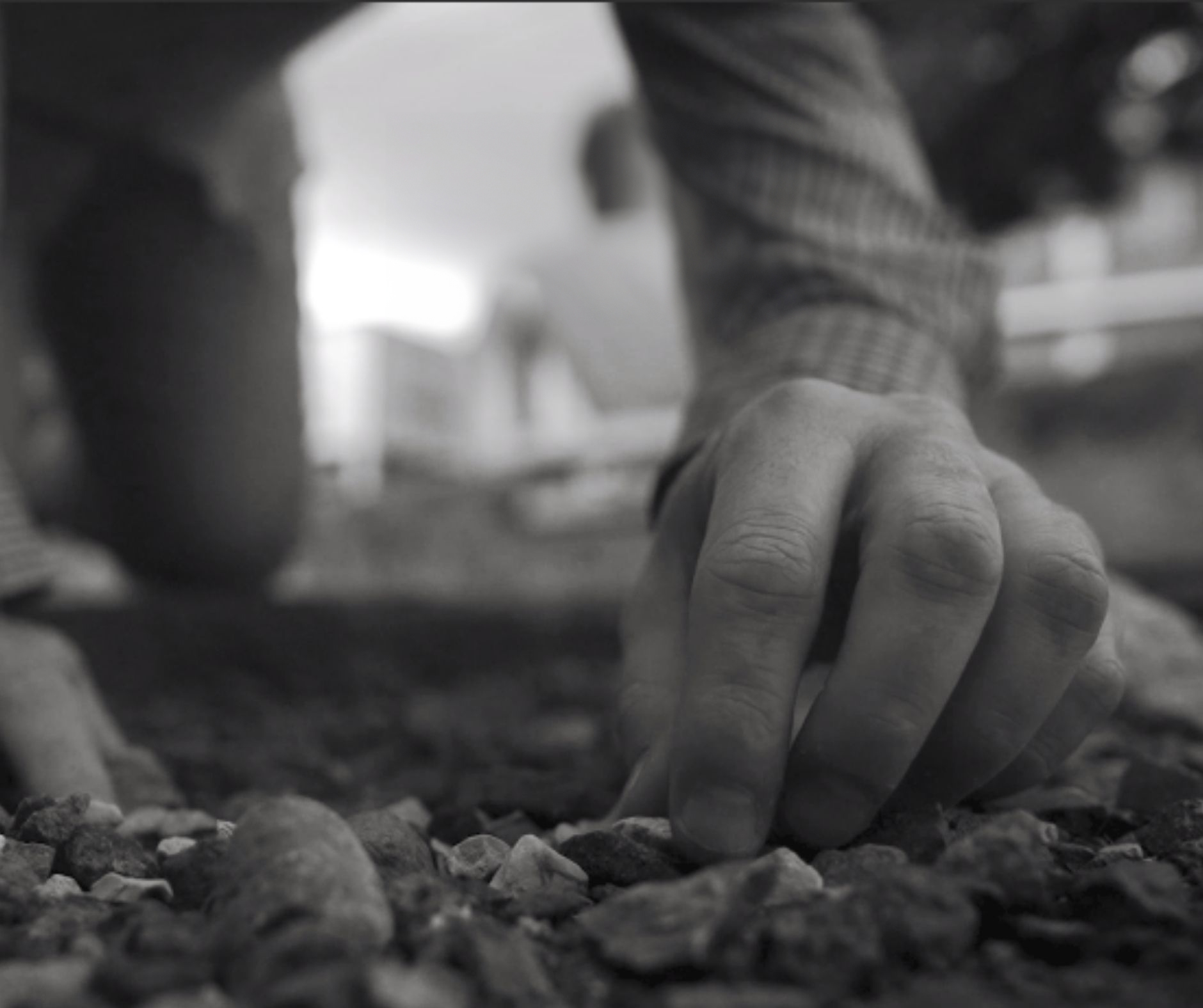
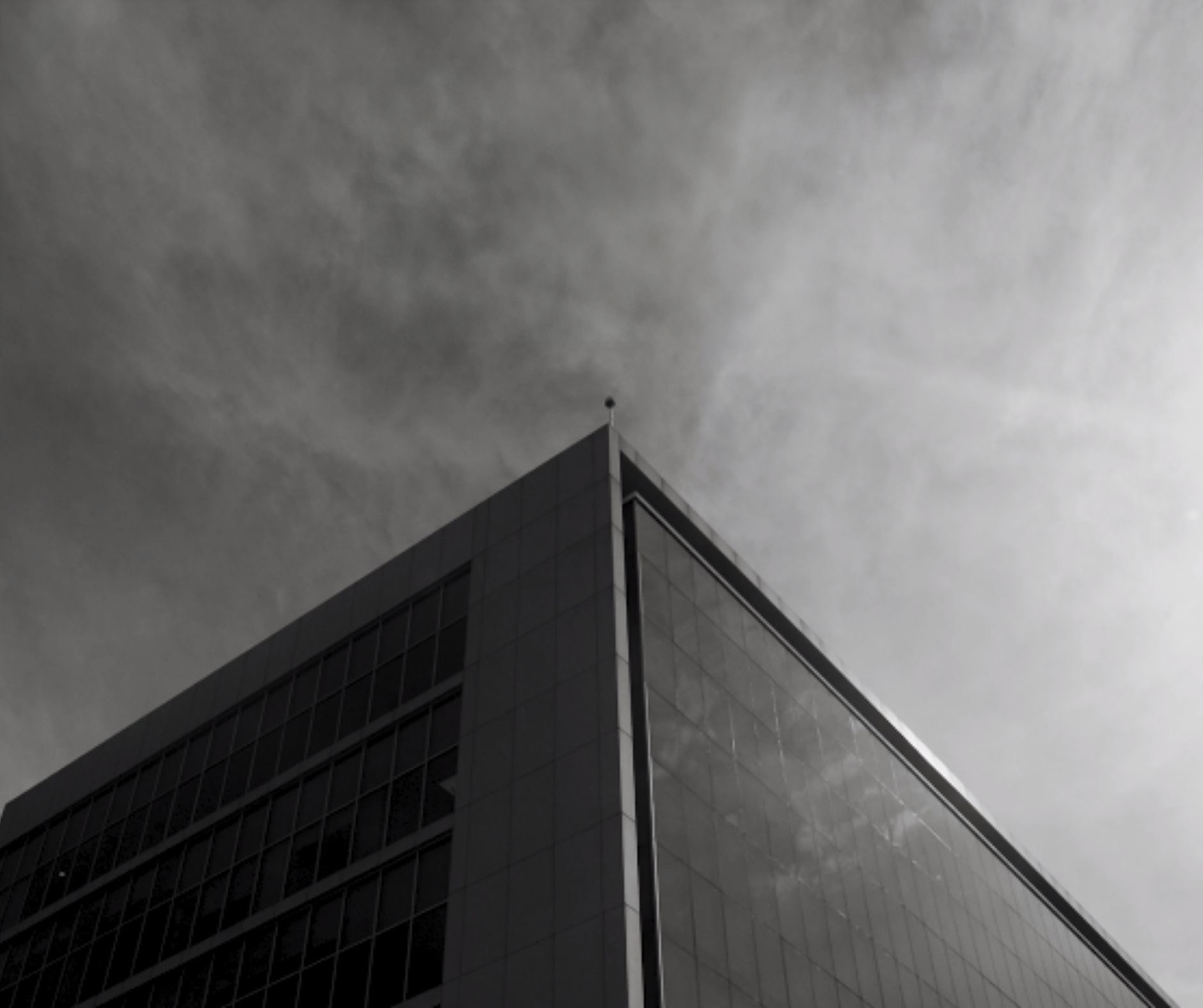
What locations did you choose for your project? And why?
The farmer’s market in Guadalupe, in San José, the capital city of Costa Rica, is a fascinating place. People from all social classes come to the market every weekend to buy inexpensive produce, fruits and vegetables, and other groceries, directly from farmers and producers, many of whom come from rural areas outside the capital city. While trade itself is quite interesting because very diverse people interact directly around food, what fascinated me the most is the rich and unpredictable palette of faces, looks, foods, sounds, and odors in one single, public place.
The National Theater in San José is a 19th century cultural beacon built to fulfill the longing of the oligarchy of young independent Costa Rica to become in the light and the image of Europe and its high culture. I wanted to contrast the chaotic, but rich, social dynamics that take place under the roof of the farmer’s market, with the sophisticated cultural ritual that takes place within the imposing walls of the theater.
The streets and walls that appear at the beginning of the film are in Barrio Escalante, a trendy neighborhood in San José, famous for its gastronomy and culture. They offered silence and safety during long hours of shooting, in contrast with the streets neighboring the National Theater, shown as we approach the end of the film.
The farmer’s market in Guadalupe, in San José, the capital city of Costa Rica, is a fascinating place. People from all social classes come to the market every weekend to buy inexpensive produce, fruits and vegetables, and other groceries, directly from farmers and producers, many of whom come from rural areas outside the capital city. While trade itself is quite interesting because very diverse people interact directly around food, what fascinated me the most is the rich and unpredictable palette of faces, looks, foods, sounds, and odors in one single, public place.
The National Theater in San José is a 19th century cultural beacon built to fulfill the longing of the oligarchy of young independent Costa Rica to become in the light and the image of Europe and its high culture. I wanted to contrast the chaotic, but rich, social dynamics that take place under the roof of the farmer’s market, with the sophisticated cultural ritual that takes place within the imposing walls of the theater.
The streets and walls that appear at the beginning of the film are in Barrio Escalante, a trendy neighborhood in San José, famous for its gastronomy and culture. They offered silence and safety during long hours of shooting, in contrast with the streets neighboring the National Theater, shown as we approach the end of the film.
Why should distributors buy your film?
The film is a non-profit, academic product; thus, its distribution is free.
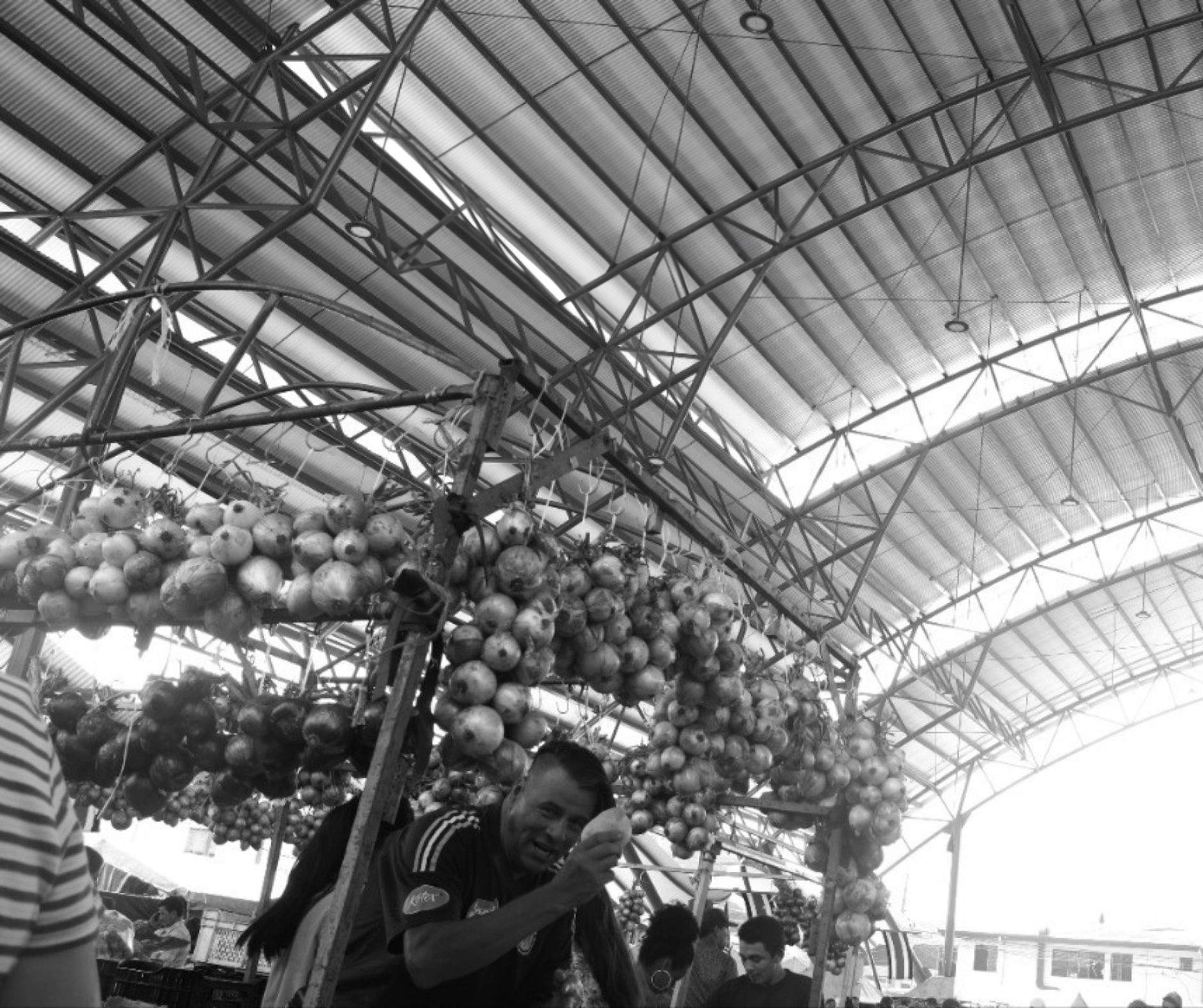
What expression elements did you use in your project? How would you characterize your work?
This is not a descriptive work that seeks realism. I wanted to suggest my own spiritual itinerary and quest for answers, and I also wanted to document another real-life character’s itinerary with depth and simplicity. I chose to shoot in black and white to avoid realism and being very explicit. I wanted to be able to show more textures instead of clearly delineated people, objects, and landscape. Black and white worked well, too, to show Mr. Beto, our second character, in textures that suggest a rich inner life.
To capture details of simplicity, and to suggest intimacy, I resorted to close-ups and unusual angles of pavement, cracks, and rocks on the streets. Tilted angles can speak of tension and unresolved issues. And I think there is something deep and mysterious that calls us from underneath...
The soundtrack that backs up the itinerary includes humming, singing, and percussive sounds produced by me, environment sounds and effects, and bassoon music performed by Paula Guzmán-Rivera, all mixed by Alejandro Cabezas-Morera. I am very honored that Paula gave my character a musical voice with her sensitive performance of Francisco Mignone’s Valsa no. 1, in a theater scene.
The film is a non-profit, academic product; thus, its distribution is free.

What expression elements did you use in your project? How would you characterize your work?
This is not a descriptive work that seeks realism. I wanted to suggest my own spiritual itinerary and quest for answers, and I also wanted to document another real-life character’s itinerary with depth and simplicity. I chose to shoot in black and white to avoid realism and being very explicit. I wanted to be able to show more textures instead of clearly delineated people, objects, and landscape. Black and white worked well, too, to show Mr. Beto, our second character, in textures that suggest a rich inner life.
To capture details of simplicity, and to suggest intimacy, I resorted to close-ups and unusual angles of pavement, cracks, and rocks on the streets. Tilted angles can speak of tension and unresolved issues. And I think there is something deep and mysterious that calls us from underneath...
The soundtrack that backs up the itinerary includes humming, singing, and percussive sounds produced by me, environment sounds and effects, and bassoon music performed by Paula Guzmán-Rivera, all mixed by Alejandro Cabezas-Morera. I am very honored that Paula gave my character a musical voice with her sensitive performance of Francisco Mignone’s Valsa no. 1, in a theater scene.
At what festivals have you had success?
At the time this interview was recorded, I had earned the following awards:
1. Award of recognition (Viewer impact: Content /Message delivery) from Indie FEST Film Awards,
2. Awards of recognition (Liberation / Social Justice / Protest), from Accolade Global Film Competition,
3. Best documentary award (May 2023) from Indie Movies Spark Film Festival, and
4. Award of excellence (May 2023) from Hispanic International Film Festival, and
5. Official selection, Indian International Short Film Festival Awards (fourth season).
I look forward to being able to share “We are the Music” with more audiences and festivals worldwide! I believe its message is truly universal.
Has the film already premiered? If so, where?
The film was premiered in Costa Rica, in the middle of the pandemic, because it was a product of my research project as 2020 Humboldt Professor at Universidad de Costa Rica (UCR), the place where I teach and work. This was possible with support of IIArte-UCR and the Latin American Studies Program of the University of Toronto (Canada).
Dr. Vannina Sztainbok, sociologist and teacher at the latter university, commented at the premiere: “The question ‘Who are we in music?’ functions in a way that the so-called (research) subjects come to know more about themselves and encourages ongoing enquiry … the question reveals what we already knew but had been taught to suppress. It is a process of unlearning … Rosabal-Coto proposes a radical form of inquiry that resists (researcher) extraction and brings the possibility of breaking down the border between the subject and the researcher.”
After its premiere, “We are the Music” has been screened online before specialized audiences of students, teachers and researcher in music and related disciplines, at universities or international conferences in Brazil, Chile, Mexico, Norway, Uruguay, and the UK. It has been very well received and provoked rich discussions among the audience.
What motivated you to become a filmmaker?
Ever since I was a child, I was fascinated by the possibility of telling stories in expressive ways that could make people learn, reflect, and even become different people. This is something I briefly hint in “We are the Music”. I’ve done research based on people’s narratives for several years, but film offers you so many new resources!
Which movies are your favorites? And why?
There are so many! I can now think of three: I admire how Pedro Almodóvar in “All about my Mother” and Xavier Dolan in Les Amours Imaginaires look at the apparent simplicity of people’s everyday life with awe and intriguing visuals. I also admire the raw reality that Jafar Panahi presents in “Taxi Teheran”, far away from any morbid curiosity and social cliches.
What topics do you like to deal with in your work?
Everyday life and doings of silenced people, seen from unusual vantage points.
What genre do you like to shoot and why?
I love the documentary genre, because it allows you to tackle big questions that may not have been yet asked.
What project would you like to shoot one day, what would it be about?
I would like to shoot a project about silenced and marginal voices regarding who they are in music, but on a more international scale.
How has COVID affected your film life?
Most shooting was finished at the outset of the pandemic, when social distancing and the use of masks were still not mandatory in Costa Rica. However, COVID challenged the post-production of “We are the Music”, because we had to complete it through online meetings and messaging.
What do you do if you're not thinking about a movie? What are your hobbies?
I’m a newcomer to filmmaking. I’ve been a full-time university professor and researcher with an international career for many years, and my current subject of study is musicking, whether in scholarship of filmmaking. Other than that, one hundred percent of the time, I’m a cat lover.
What projects do you plan to shoot in the future?
I plan to shoot the continuation of the itinerary I began with “We are the Music”.
Learn more at https://www.imdb.com/title/tt28223200/reference/
There are so many! I can now think of three: I admire how Pedro Almodóvar in “All about my Mother” and Xavier Dolan in Les Amours Imaginaires look at the apparent simplicity of people’s everyday life with awe and intriguing visuals. I also admire the raw reality that Jafar Panahi presents in “Taxi Teheran”, far away from any morbid curiosity and social cliches.
What topics do you like to deal with in your work?
Everyday life and doings of silenced people, seen from unusual vantage points.
What genre do you like to shoot and why?
I love the documentary genre, because it allows you to tackle big questions that may not have been yet asked.
What project would you like to shoot one day, what would it be about?
I would like to shoot a project about silenced and marginal voices regarding who they are in music, but on a more international scale.
How has COVID affected your film life?
Most shooting was finished at the outset of the pandemic, when social distancing and the use of masks were still not mandatory in Costa Rica. However, COVID challenged the post-production of “We are the Music”, because we had to complete it through online meetings and messaging.
What do you do if you're not thinking about a movie? What are your hobbies?
I’m a newcomer to filmmaking. I’ve been a full-time university professor and researcher with an international career for many years, and my current subject of study is musicking, whether in scholarship of filmmaking. Other than that, one hundred percent of the time, I’m a cat lover.
What projects do you plan to shoot in the future?
I plan to shoot the continuation of the itinerary I began with “We are the Music”.
Learn more at https://www.imdb.com/title/tt28223200/reference/

